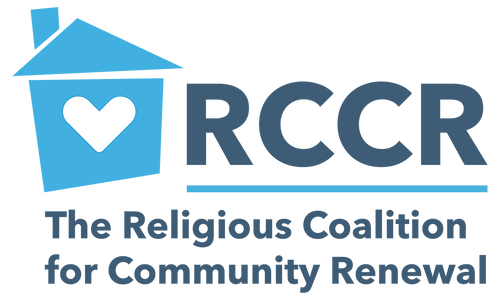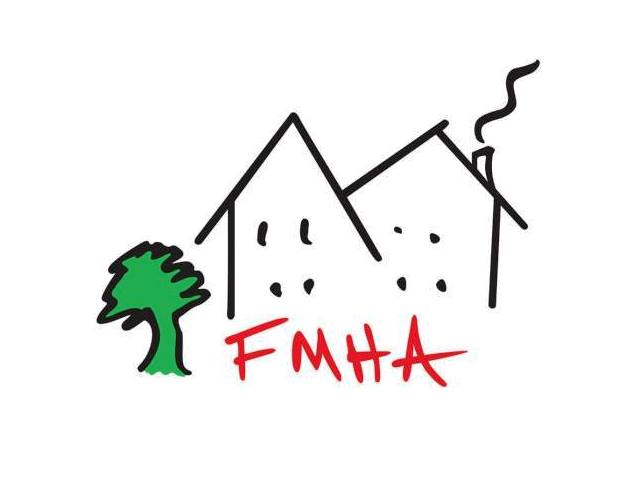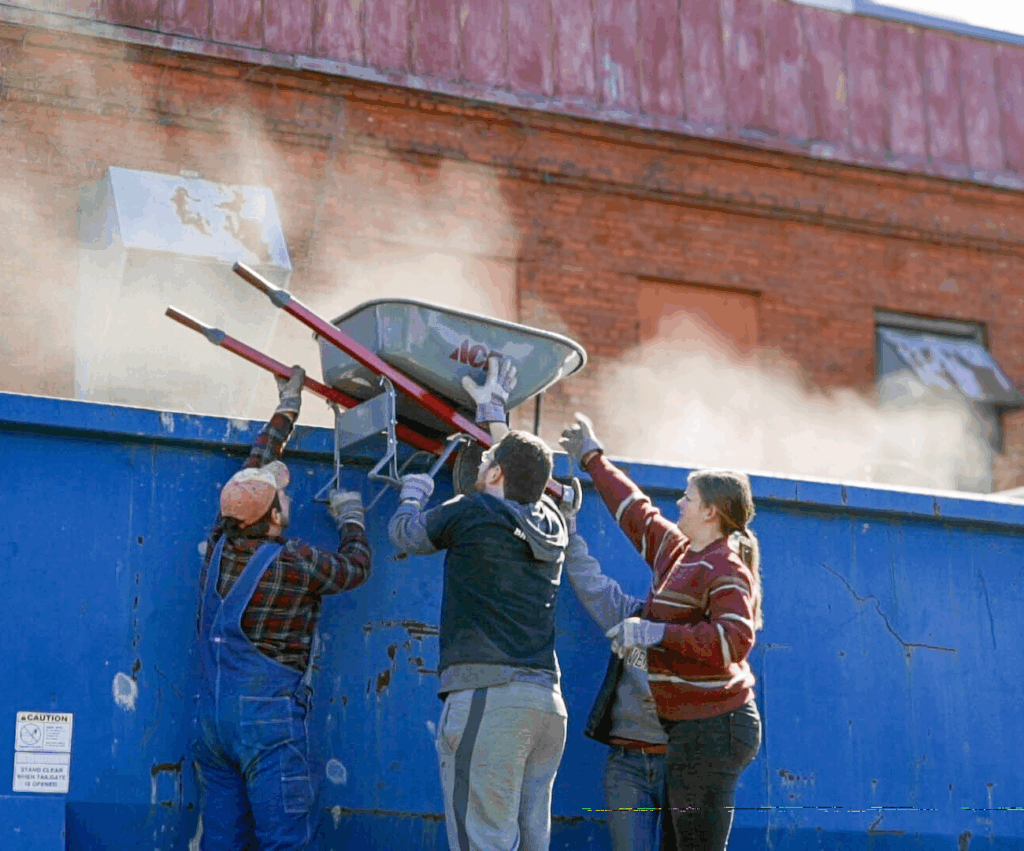HOUSING CAN'T WAIT
WEST VIRGINIA
Long known as a beautiful, culturally rich, and affordable place to live, West Virginia is suffering from a shortage of quality housing.
This crisis manifests differently across West Virginia. In many cities and towns, dozens of dilapidated homes sit vacant or abandoned, putting strain on property values and local tax bases. In tourism hubs like Elkins and Lewisburg, locals are being priced out of homeownership as single-family homes are converted to short-term rentals and vacation homes. Historical mining communities still have thousands of residents living in run-down former company housing. All these challenges are exacerbated by a shortage of buildable land resulting from WV’s irregular topography, a shortage of skilled workers in the construction trades, and decades of underinvestment in housing production.
The Fahe WV Caucus is tackling these challenges head-on.
From 2019 to 2023, the Fahe Network invested more than $85 million in West Virginia, changing the lives of 1,728 households through housing development, home repair, mortgage lending, financial counseling, and more.
Success story
Through its Revitalize Appalachia program, Fahe Member Coalfield Development has created more than 600 jobs, trained 1,500 workers in the building trades, and revitalized over 235,000 square feet of property. Revitalize Appalachia empowers individuals facing barriers to employment, providing them with skills and opportunities through a three-pronged approach focused on professional, academic, and personal development.
FACTS
West Virginia ranks near the bottom among states (43rd) in new home construction per capita, according to the Census Bureau’s building permit survey.
Annually, WV is building only 4.7 new homes per 1000 existing homes, less than one-fifth the rate of the leading states—Idaho, Utah, and North Carolina—which are building over 20 homes per 1000.
Nearly 150,000 West Virginia households are considered burdened by housing costs, meaning they pay over 30% of their income for housing.
On average, a minimum-wage employee would need to work 76 hours per week to afford a modest two-bedroom rental in WV.
Housing is where jobs go at night.
Employers need quality housing nearby to attract and keep workers. About 67% of larger companies say housing shortages make it harder to keep talent. Additionally, 58% report losing skilled employees due to a lack of affordable housing for working families.
The Appalachian Regional Commission (ARC) designates 20% of counties as economically distressed and 36% at-risk.
According to the most recent ARC Chartbook, this area has a poverty rate of 16.6%, three year average unemployment rates as high as 8.6%, and a per capita market income that is 65% of the U.S. average.
FOR LAWMAKERS
Help us solve this challenge.
Learn how state investments in housing can generate housing opportunities for working families.
PRIORITIES
Modernize the affordable housing trust fund through scaling investment and indexing.
For WEST VIRGINIA residents
If you are interested in becoming a homeowner, or want to explore refinancing options, check out Fahe’s lending arm, JustChoice Lending.
OUR PARTNERS












